detail profile maurice lema c3 aetre

Riwayat Hidup
Maurice Lemaître (born April 23rd 1926 in Paris) is an artist, writer and French poet.
He is known to be one of the main figures of lettrisme, a movement started in the 1950s.
Lemaître was educated at the School of Arts and Crafts and Public Works.
After taking part in the Liberation of Paris, he began his philosophy degree at the Sorbonne.
In 1948, he began his career as a journalist and wrote for the newspaper of the libertarian movement.
A year later, he met Isidore Isou and immediately became interested in his political and avant-garde thoughts.
In 1950, Lemaître becomes very invested in the Lettrist group and created in the same year the "Youth Front", a political journal; while simultaneously creating a literary and pictorial magazine, entitled "Ur," which remains as "The Minotaur" of lettrism.
Since his literary creations, Lemaître has continued to develop various fields within the Lettrist movement: poetry, theater, dance, novel, painting, photography, film, economy, psychopathology and psychotherapy .
Despite his dedication to the movement, since 2000, Lemaître distanced himself from the movement and is now relatively isolated from the main group.
Info Pribadi
Peran Yang Di Mainkan Maurice Lemaître
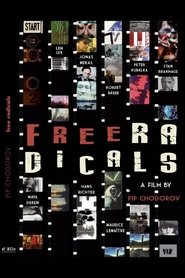 Experimental filmmaker Pip Chodorov traces the...
Experimental filmmaker Pip Chodorov traces the...Free Radicals: A History of Experimental Film 2011
Experimental filmmaker Pip Chodorov traces the course of experimental film in America, taking the very personal point of view of someone who grew up as part of the experimental film community.
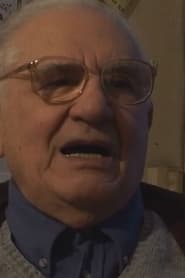 A founding member of the Lettrist...
A founding member of the Lettrist...Portrait of Maurice Lemaître 2004
A founding member of the Lettrist movement with Isidore Isou, Maurice Lemaître describes here the genesis of the movement, his friendship with Isou, their discoveries in filmmaking and their inventions of infinitesimal and supertemporal art. Shot in his studio in Montmartre, we see him at work and showing his paintings, sculptures and films.
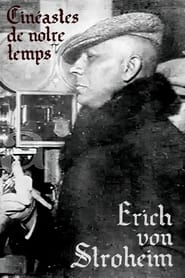 Documentary about notorious actordirector Erich Von...
Documentary about notorious actordirector Erich Von...Erich Von Stroheim 1979
Documentary about notorious actor/director Erich Von Stroheim.
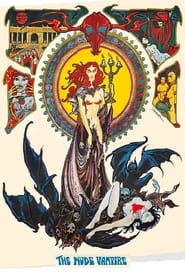 A young man falls in love...
A young man falls in love...The Nude Vampire 1970
A young man falls in love with a beautiful woman being chased by sinister masked figures at night. He tries to track her down, and learns she's being held captive by his father and colleagues who believe she's a vampire.
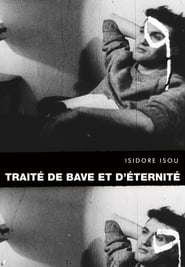 In this experimental film Isidore Isou...
In this experimental film Isidore Isou...Venom and Eternity 1952
In this experimental film, Isidore Isou, the leader of the lettrist movement, lashes out at conventional cinema and offers a revolutionary form of movie-making: through scratching and bleaching the film, through desynchronizing the soundtrack and the visual track, through deconstructing the story, he aims to renew the seventh art the same way he tried to revolutionize the literary world.
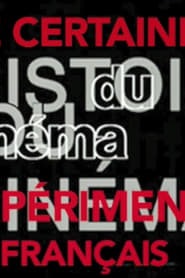
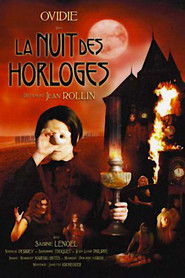 A young woman inherits the house...
A young woman inherits the house...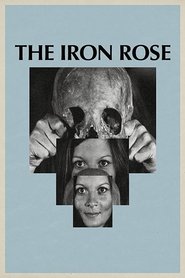 A young couple out for a...
A young couple out for a...